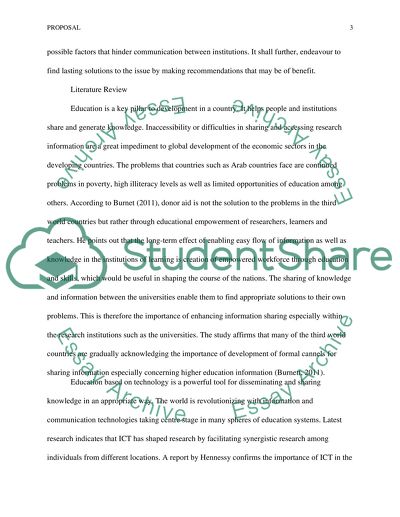Cite this document
(“Proposal: communication barriers between universities Essay”, n.d.)
Proposal: communication barriers between universities Essay. Retrieved from https://studentshare.org/information-technology/1498562-proposal-communication-barriers-between
Proposal: communication barriers between universities Essay. Retrieved from https://studentshare.org/information-technology/1498562-proposal-communication-barriers-between
(Proposal: Communication Barriers Between Universities Essay)
Proposal: Communication Barriers Between Universities Essay. https://studentshare.org/information-technology/1498562-proposal-communication-barriers-between.
Proposal: Communication Barriers Between Universities Essay. https://studentshare.org/information-technology/1498562-proposal-communication-barriers-between.
“Proposal: Communication Barriers Between Universities Essay”, n.d. https://studentshare.org/information-technology/1498562-proposal-communication-barriers-between.


